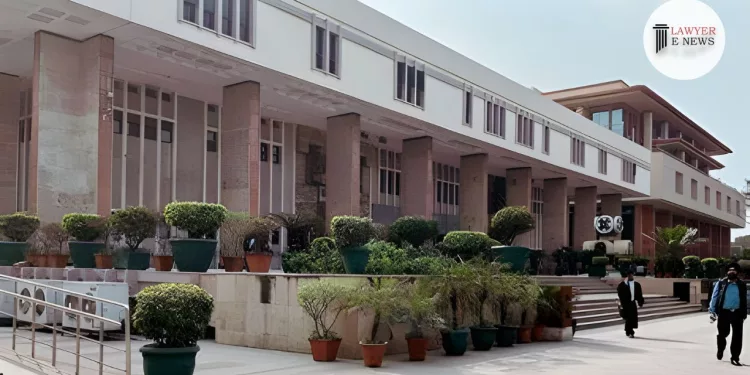Unsatisfactory and Not Conducive’ Working Not Ground for Stigmatic Termination: Delhi High Court Sets Aside Termination of Warder

In a significant judgment, the Delhi High Court, on February 28, 2024, has set aside the termination order of a warder, Mr. Virender, employed by the Government of NCT of Delhi. The Court ruled that the grounds of “unsatisfactory and not conducive” working, as stated in the termination order, cannot justify a stigmatic termination without adherence to principles of natural justice.
The respondent, Mr. Virender, appointed as a warder and on probation, faced termination following an FIR lodged under the NDPS Act. The termination order, dated April 24, 2017, cited his services as “unsatisfactory and not conducive to the job requirements.” Challenging the order, Virender approached the Central Administrative Tribunal (CAT), which ruled in his favor, leading to the current petition by the Government of NCT of Delhi.
The crux of the matter revolved around whether the termination order, citing unsatisfactory performance without a formal inquiry, amounted to a stigmatic and punitive action against the warder.
The Court, led by Justices V. Kameswar Rao and Anoop Kumar Mendiratta, observed that termination for “unsatisfactory and not conducive” performance is not envisaged under Rule 5 of the CCS (Temporary Service) Rules, 1965, and therefore, cannot form the basis for a punitive action without a formal inquiry. Justice Rao noted, “Mere pendency of an FIR shall not preclude the employer from initiating disciplinary proceedings… the same needs to be proved on the principles of preponderance of probability.”
The High Court directed the reinstatement of Mr. Virender with all consequential benefits, in line with the relevant rules. However, it granted liberty to the petitioners to initiate disciplinary action in accordance with conduct rules, independent of the outcome of the ongoing FIR.
Date of Decision: February 28, 2024
Govt of NCT of Delhi and Ors. Vs. Virender






